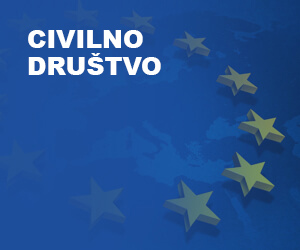The EU Strategy for the Western Balkans seems at first glance to contain ‘huge’ but also very unclear and abstract wording. In essence, behind the wording are a number of very specific tasks that must be met by all six Western Balkan countries in order for them to become full members of the EU.
Mostly importantly, the implementation of these tasks will contribute in a very concrete way to much higher quality of life for the people of the region.
As an illustration, one of these measures is transportation connectivity. For instance, nowadays you need about five hours to drive from Sarajevo to Belgrade. In EU countries, significantly greater distances can be covered in the same time as that needed to travel between these two capital cities. Reaching European standards in this area would benefit entrepreneurs, as well as those who simply want to travel.
The abolition of roaming costs among telecom operators within the countries of the region is another one of the very concrete tasks outlined in the strategy. It goes without saying that this would significantly reduce phone bills of all users of mobile phone services in the region.
The rule of law, security and migration, socio-economic development, transport and energy connectivity, digital agenda, reconciliation, and good neighbourly relations, are the tasks set by the EU to the Western Balkans countries. It is clearly stated that the EU is ready to accept these states as its members, but only when these tasks are fulfilled. The speed of accession depends solely on how quickly the relevant authorities in each country fulfil these assigned tasks.


